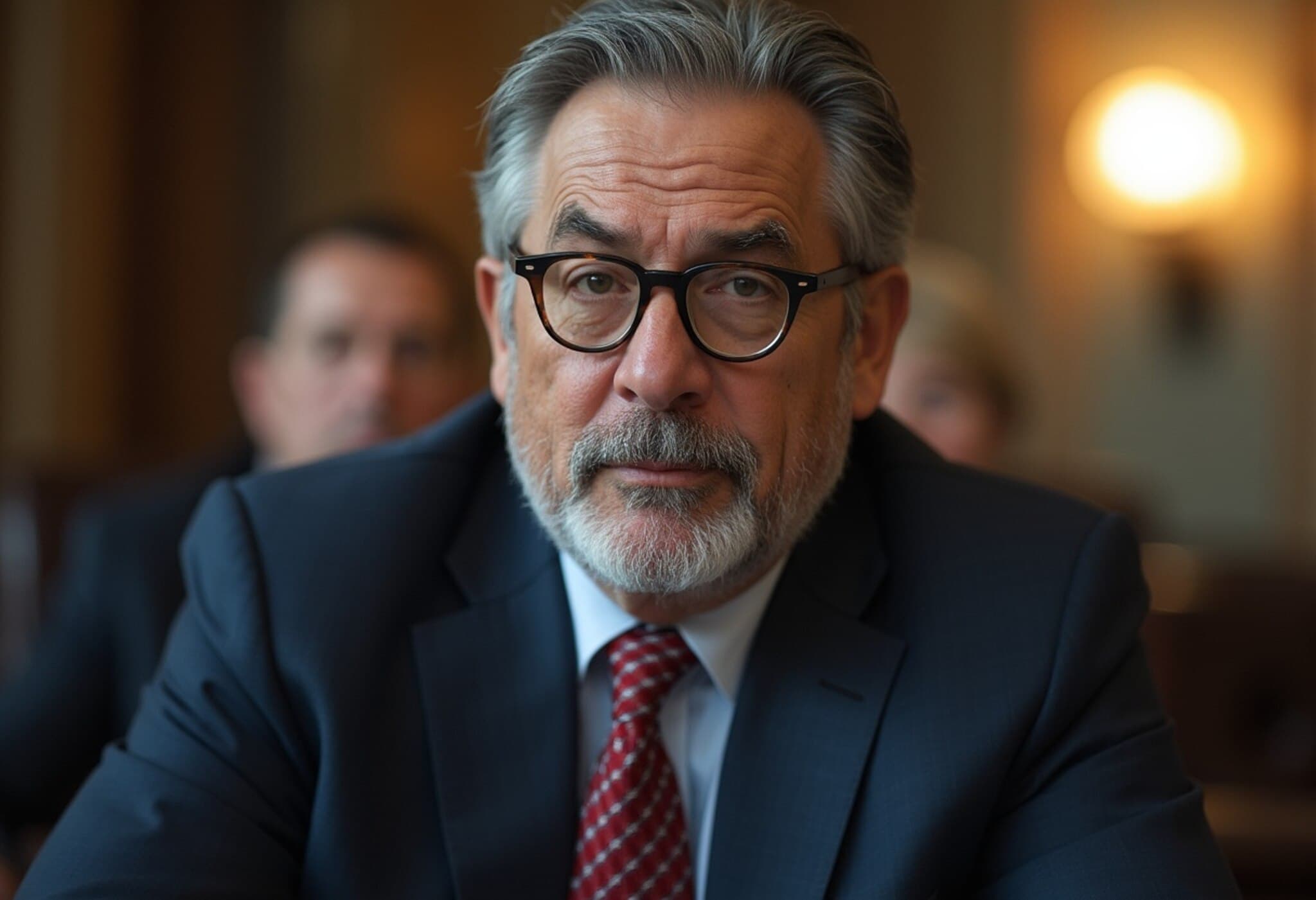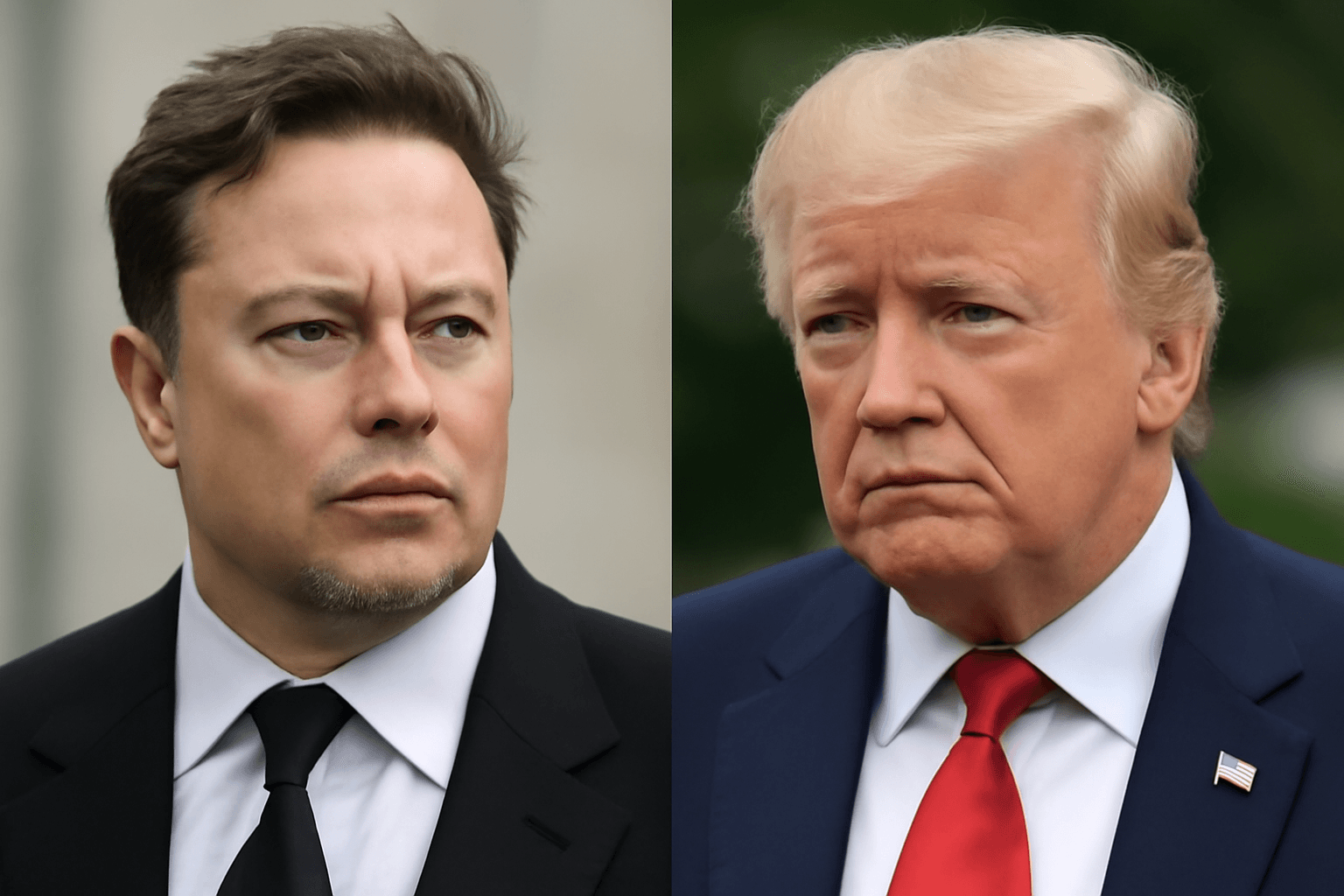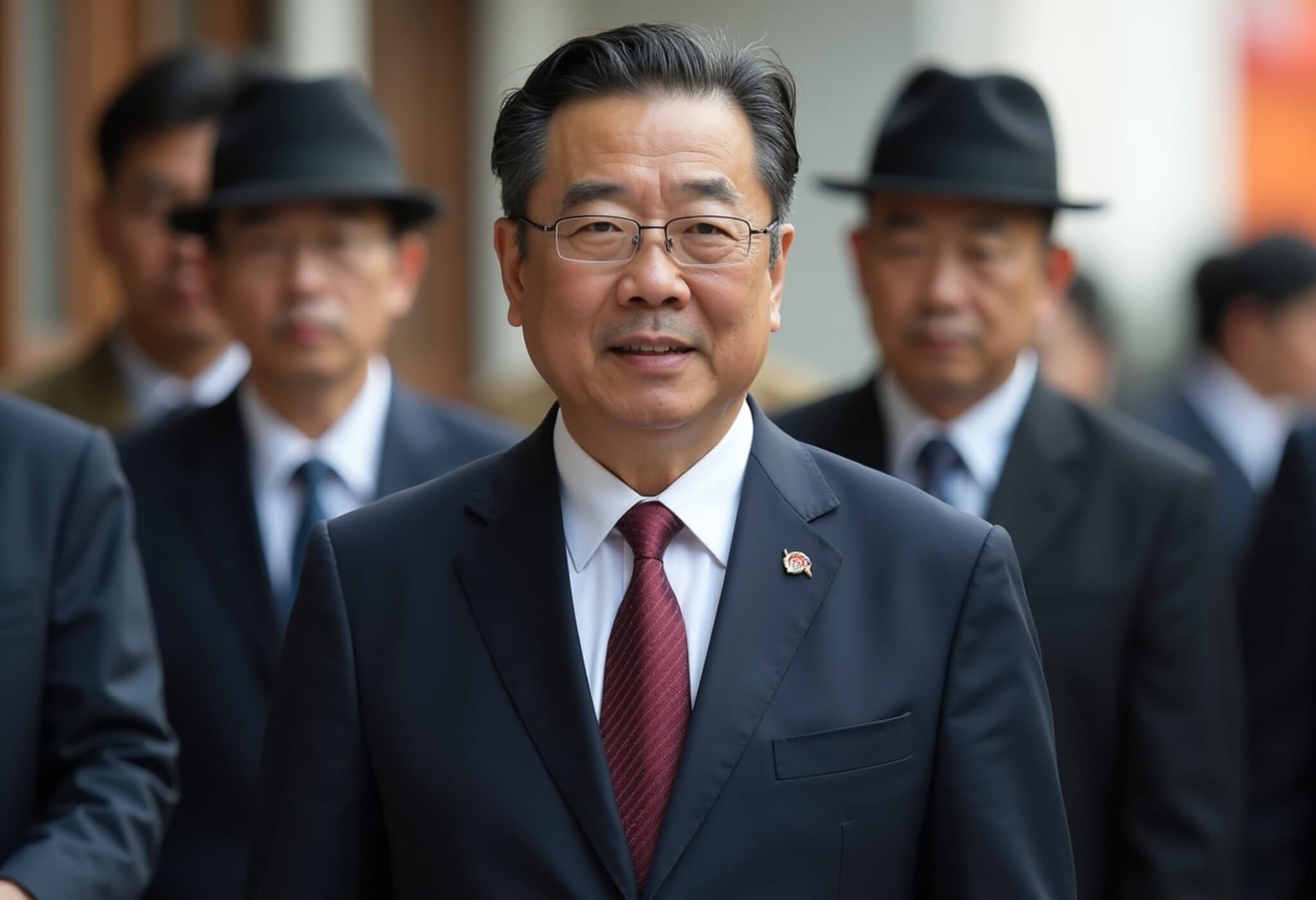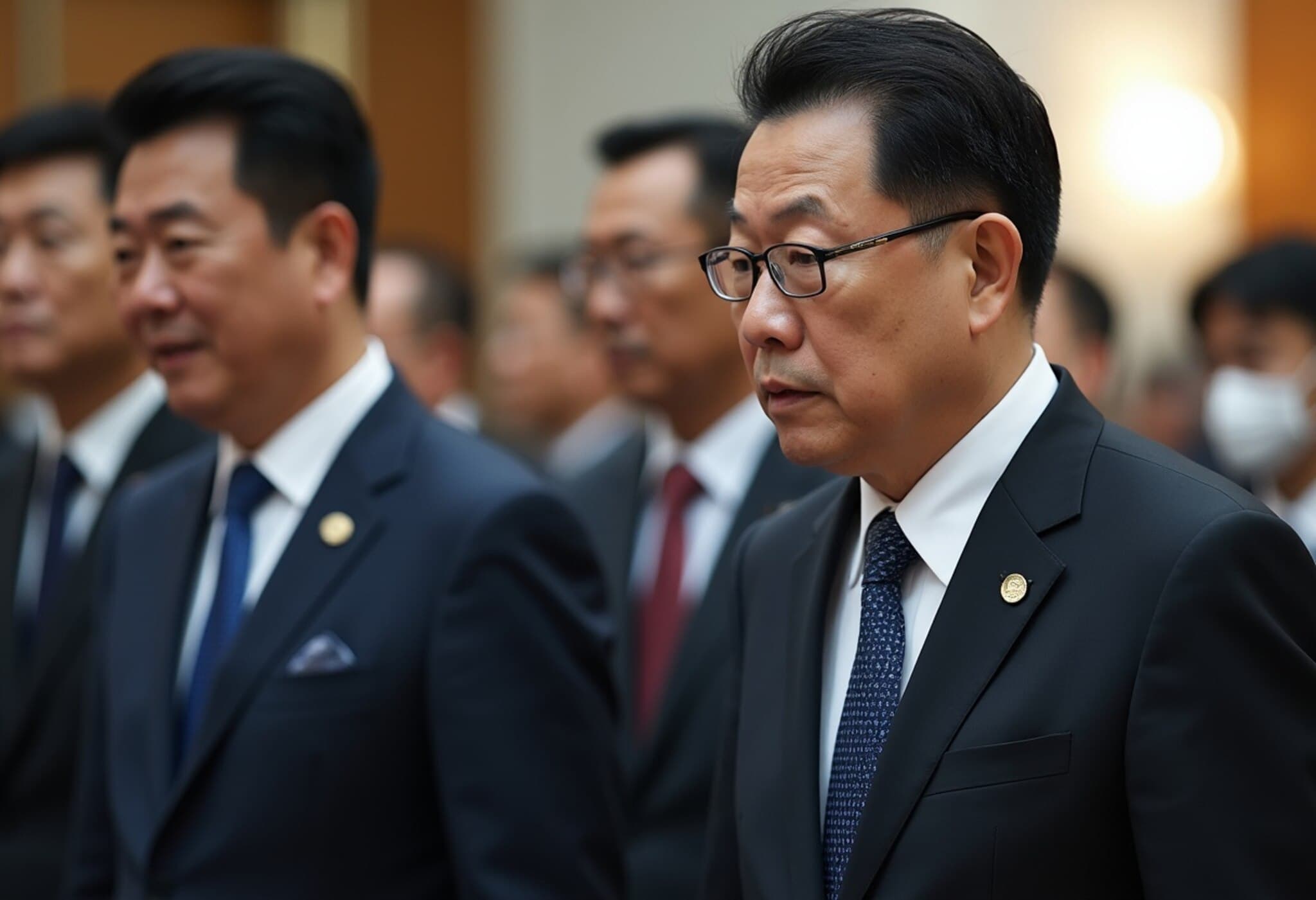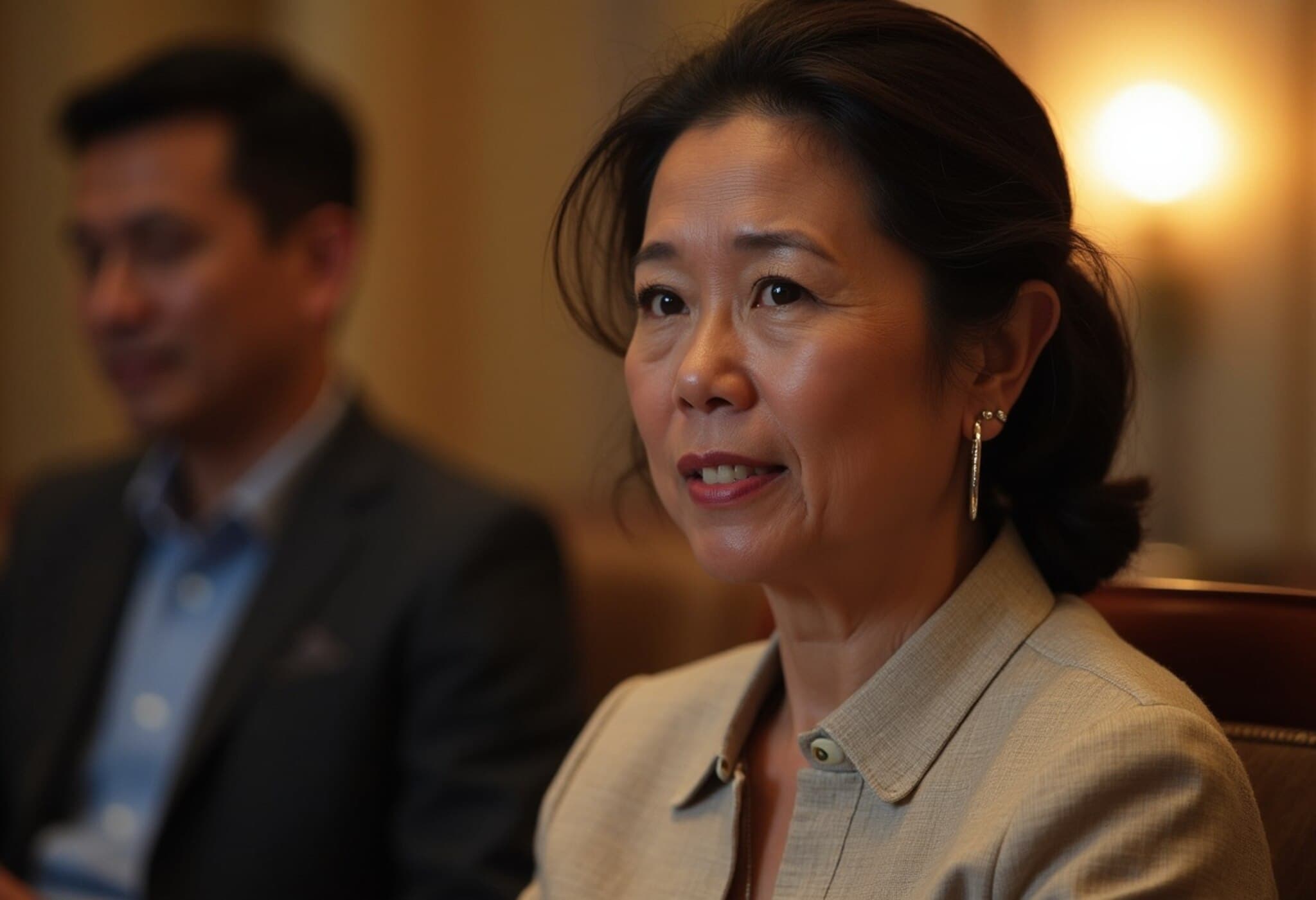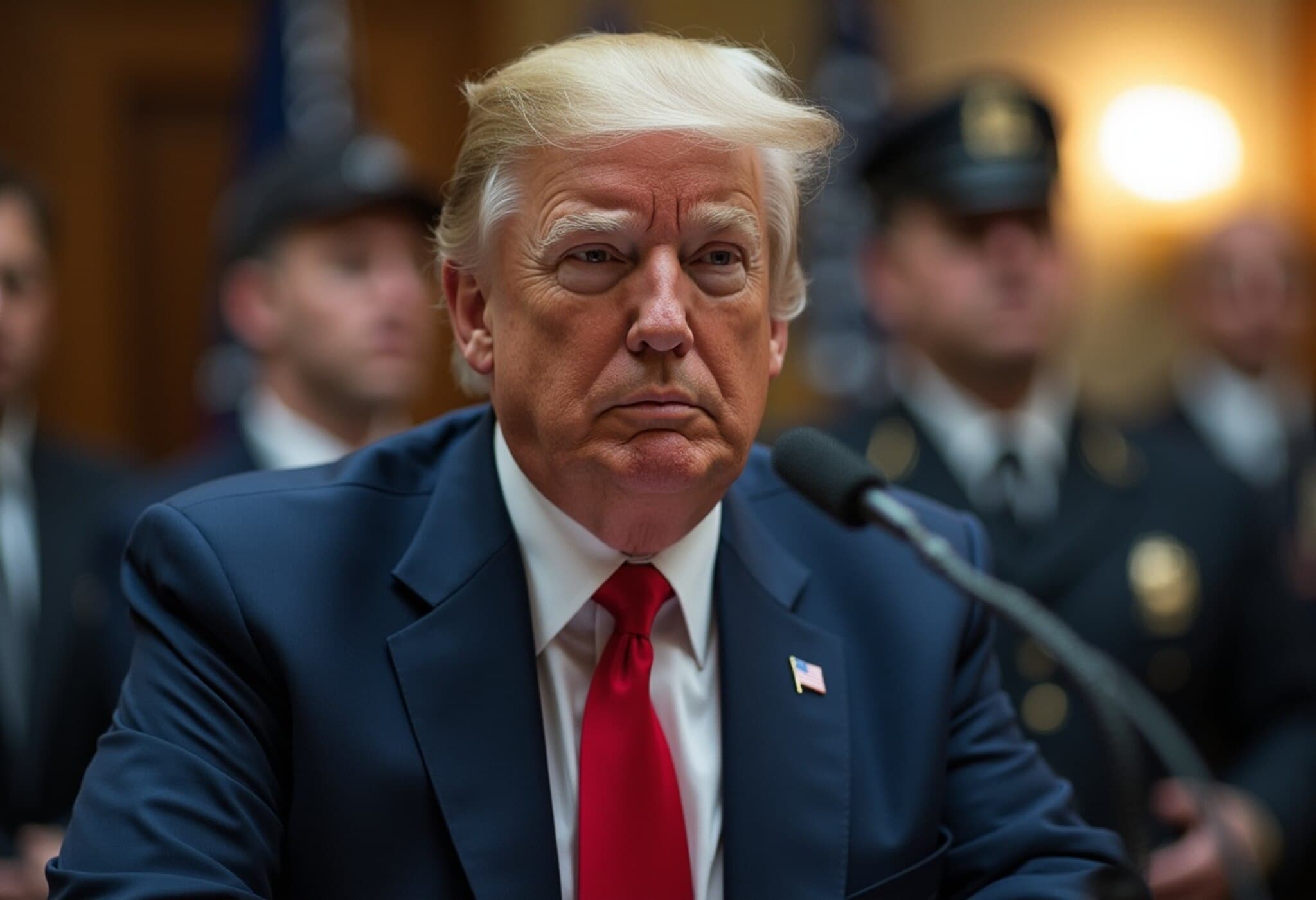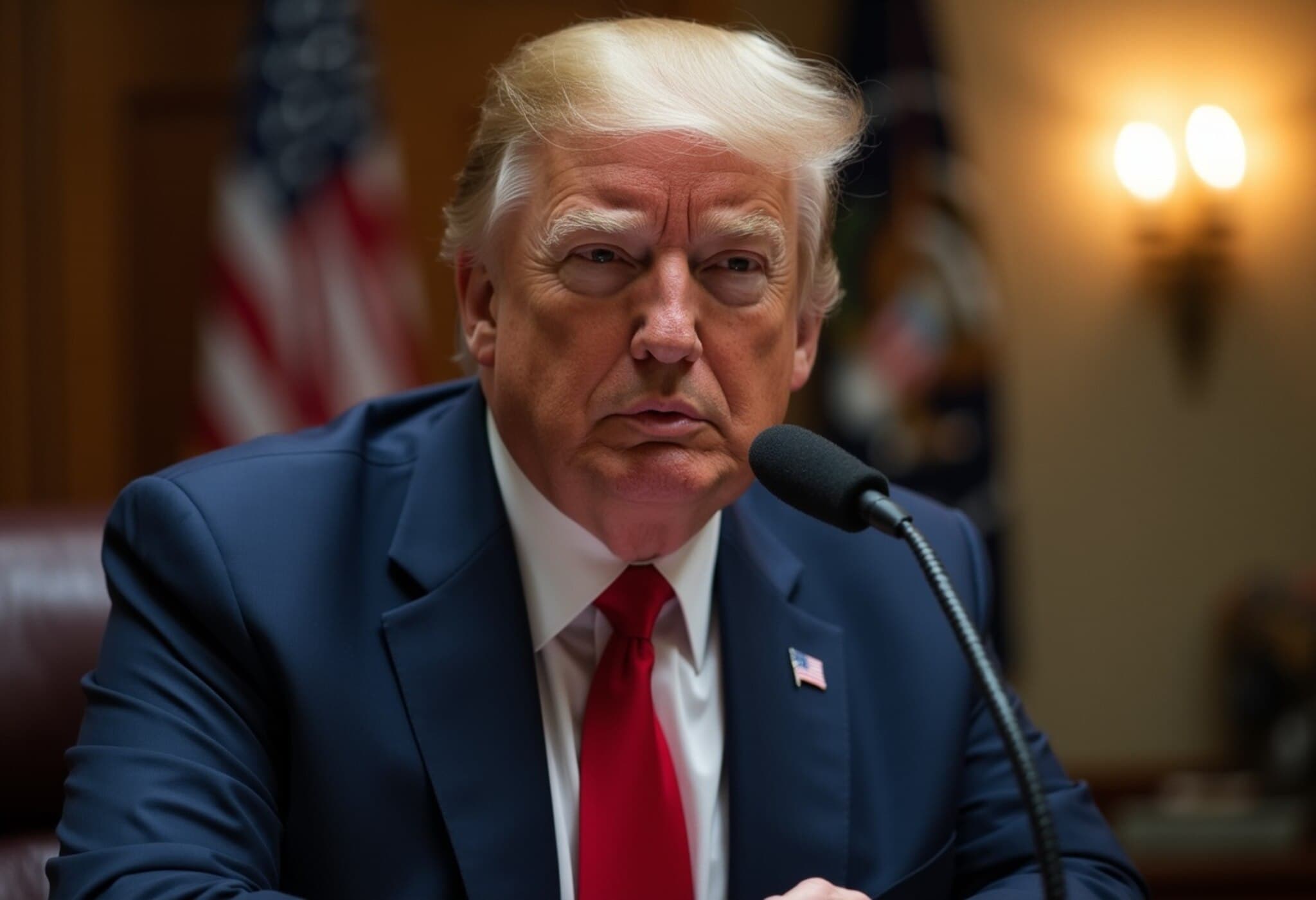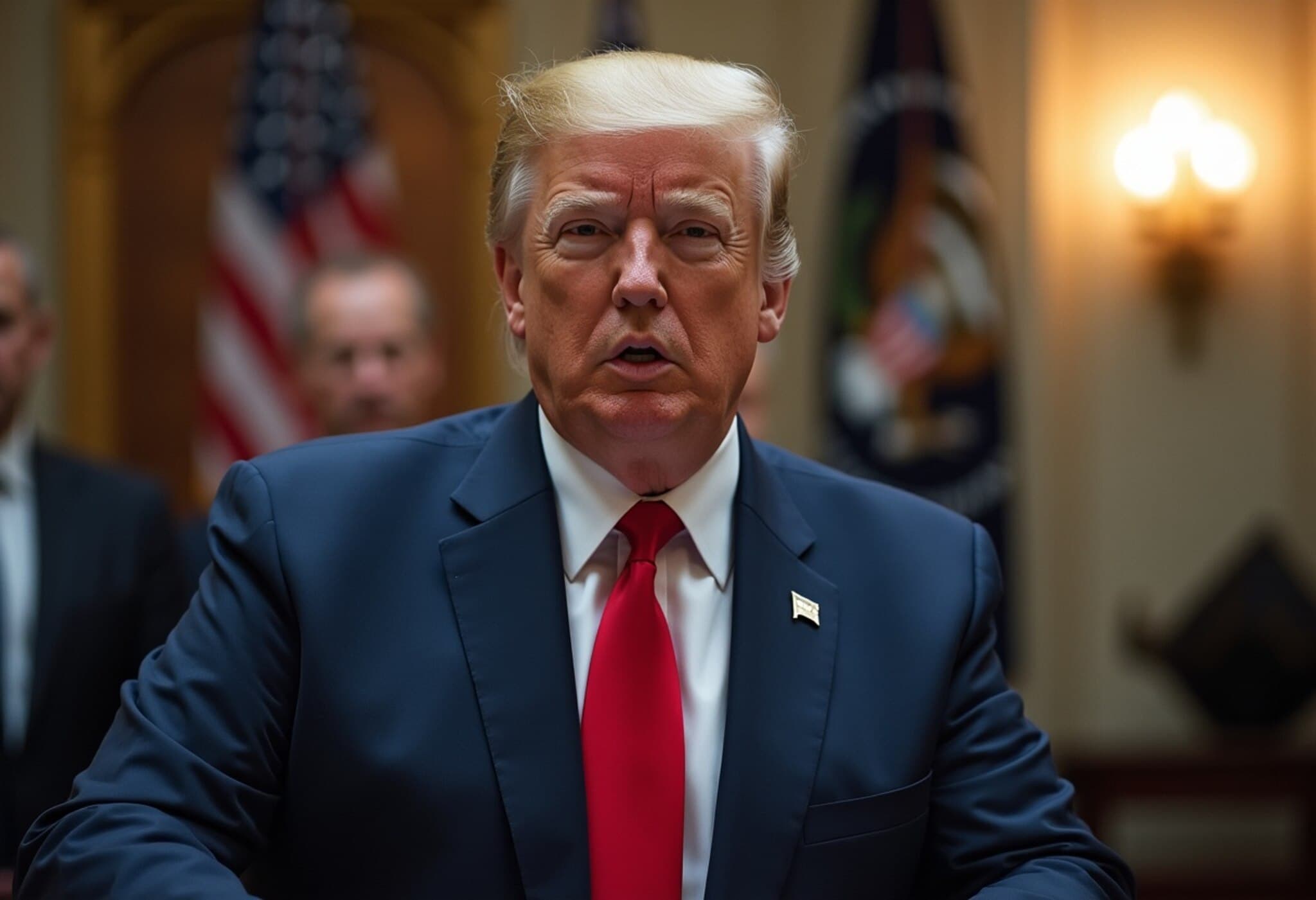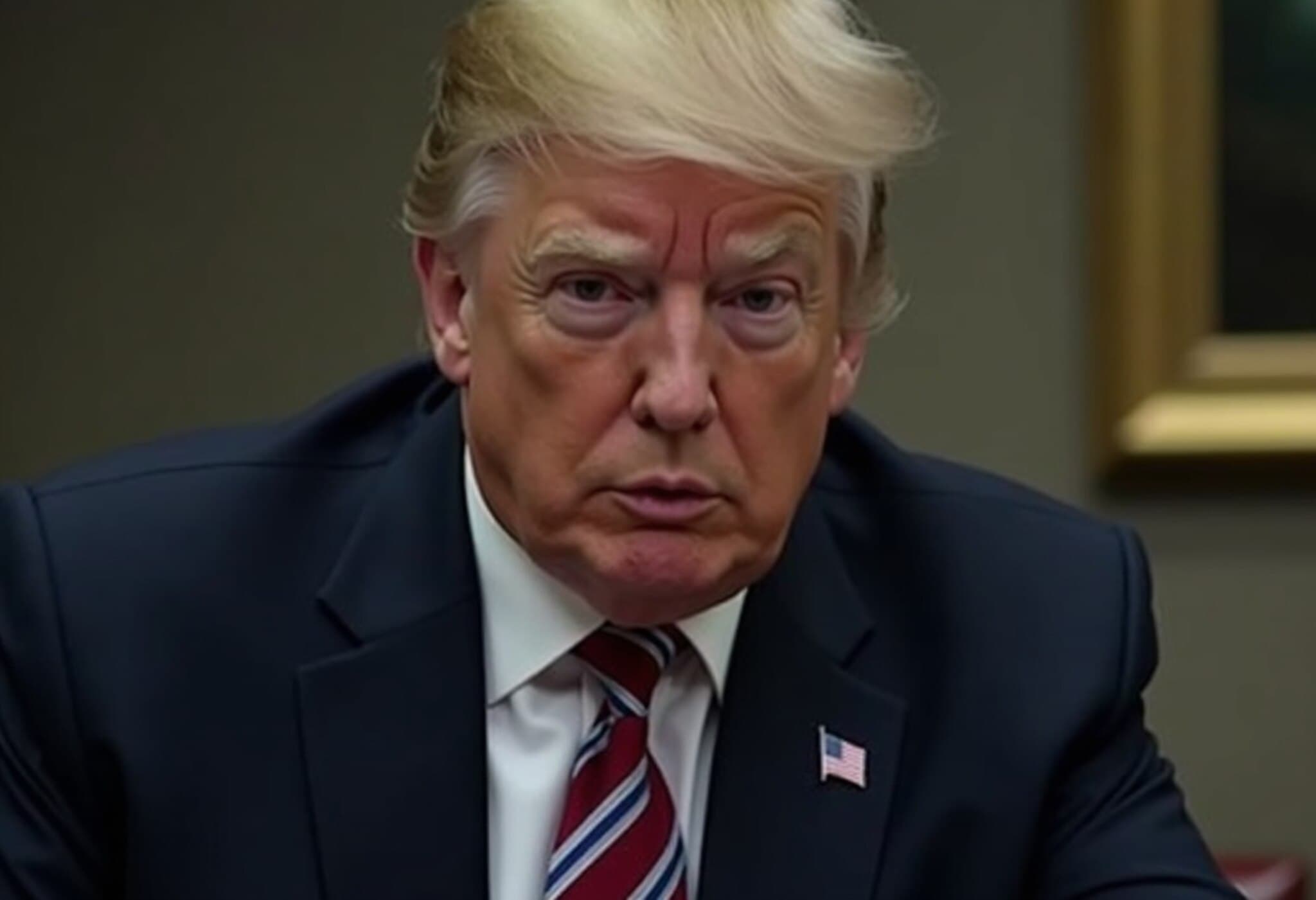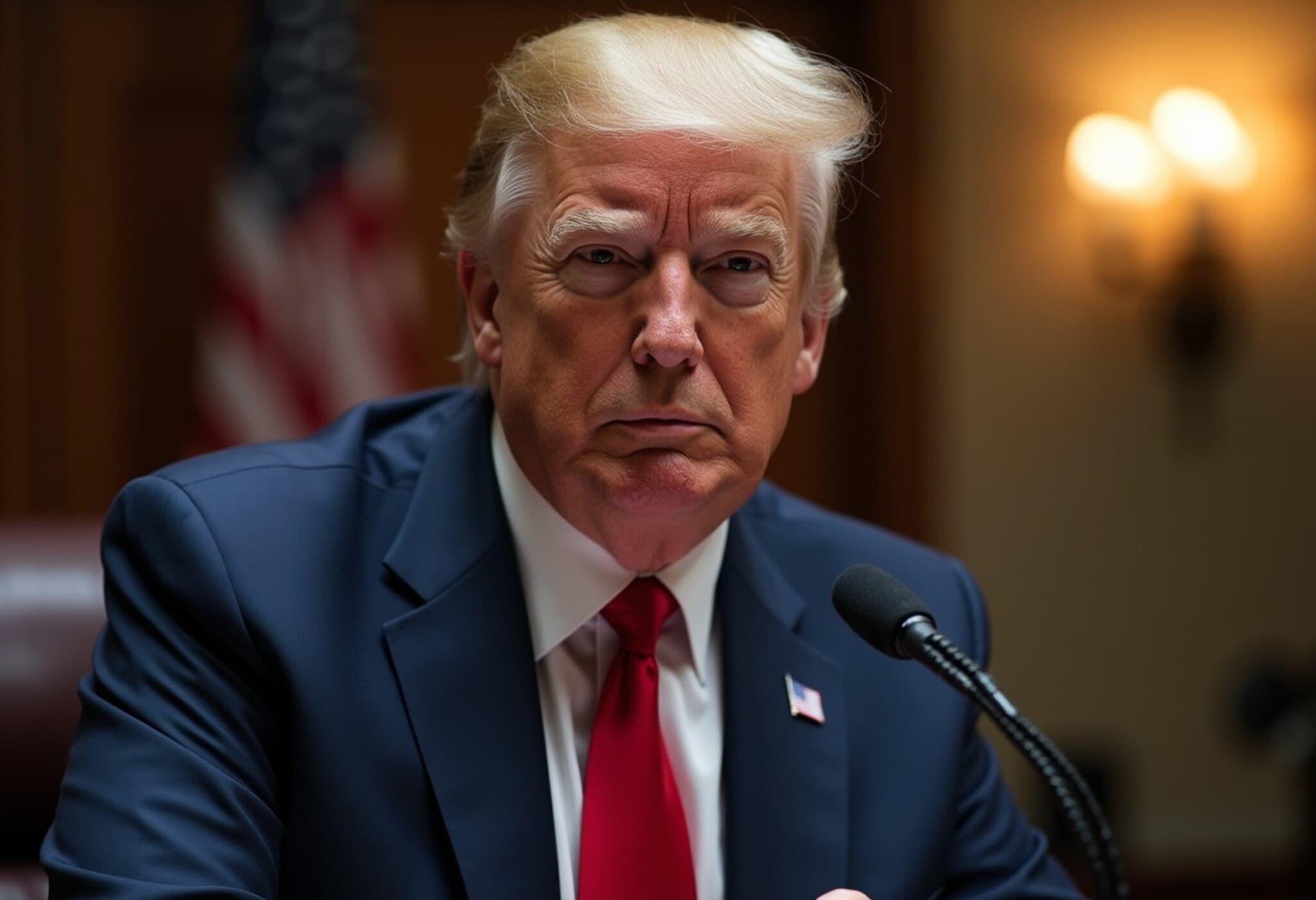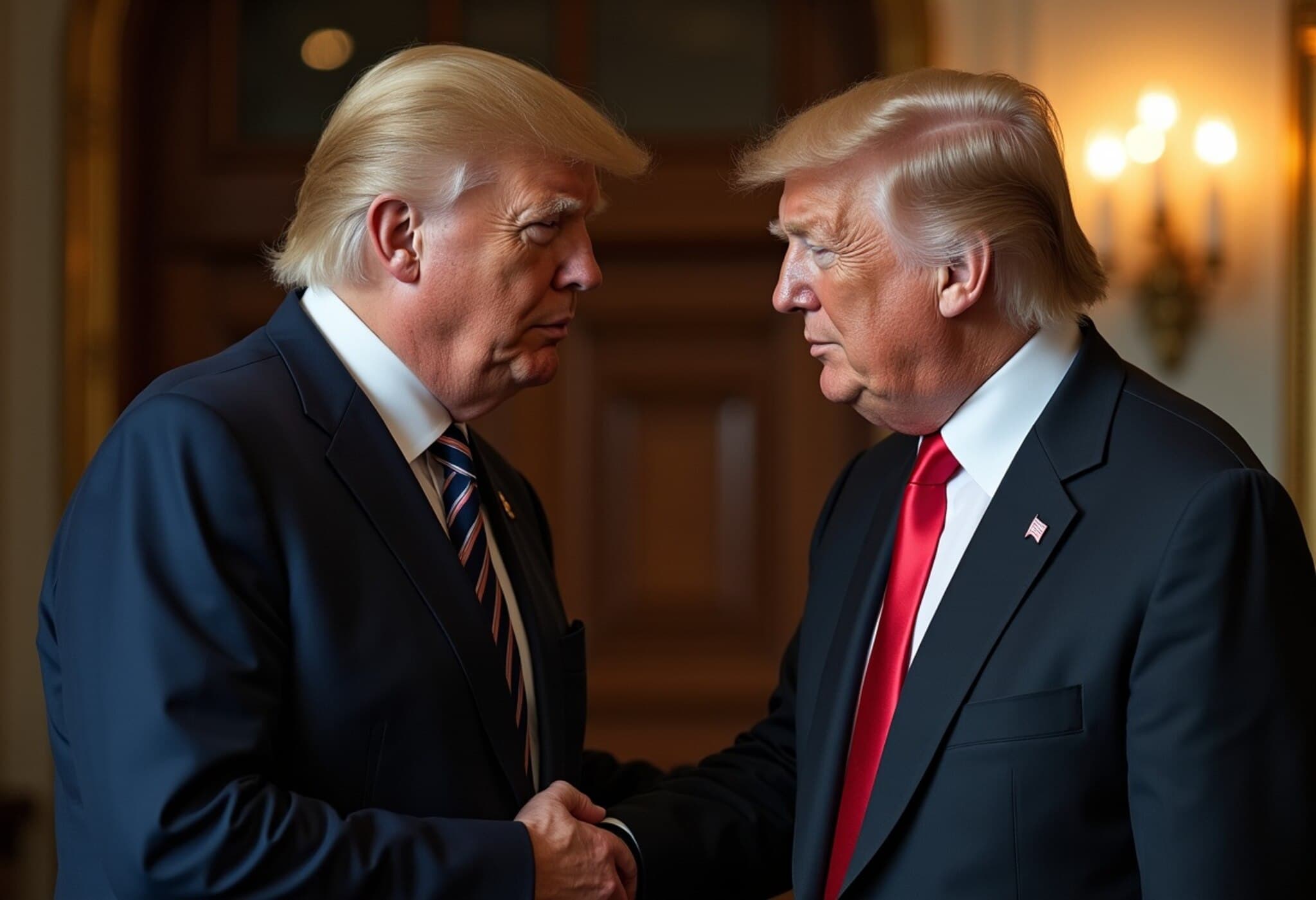Former President Trump Reacts Strongly to Renewed Demands for Epstein Documents
In the midst of a renewed public and legal push to disclose the files related to the late financier Jeffrey Epstein, former US President Donald Trump has issued a vehement response, lambasting calls for transparency as politically motivated. Epstein’s case, which has long entangled high-profile figures and sparked widespread controversy, resurfaced in public debate as advocacy groups and lawmakers seek fuller disclosure of documents potentially implicating influential individuals.
Background: The Epstein Files and Why They Matter
Jeffrey Epstein’s death in prison in 2019 left many unanswered questions about his illicit network and the degree of complicity from well-known personalities. The files include court documents, witness statements, and investigation details that some fear could reveal systemic abuses and cover-ups.
Activists and victims’ advocates argue that releasing these files is crucial for justice and public accountability. Meanwhile, figures like Trump who have been tangentially connected to Epstein’s social circles have pushed back strongly, dismissing demands as smear campaigns.
Trump’s Statement: Defiance and Denial
In recent remarks amid increasing pressure, Trump described the calls for the release of Epstein-related materials as a “witch hunt” and a politically charged attempt to damage his reputation. “This is nothing but a coordinated effort to drag innocent people through the mud,” Trump stated, asserting his innocence and condemning the media coverage as a “disgrace.”
His backlash highlights the broader challenges authorities face in balancing transparency with legal protections, particularly when dealing with sensitive information that may implicate public figures.
Expert Analysis: The Stakes of Full Disclosure
Legal analysts emphasize that while transparency is essential, releasing all documents indiscriminately could jeopardize ongoing investigations or violate privacy rights of individuals who are not implicated in wrongdoing.
- Justice advocates: Stress that disclosure could empower victims and prevent future abuses.
- Privacy proponents: Warn about potential misuse and unwarranted character assassination.
Moreover, the Epstein case shines a light on the intersection of wealth, power, and justice in the United States — raising vital questions about accountability irrespective of status.
What Comes Next?
As pressure mounts, courts and lawmakers may face difficult decisions about how much information to release publicly while safeguarding due process.
For the American public, Epstein’s files are more than just a sensational courtroom drama; they symbolize the ongoing struggle to confront elite privilege and ensure the rule of law prevails.
Editor’s Note
The fervent debate around Jeffrey Epstein’s case underscores perennial tensions between transparency, justice, and privacy. While the demand for revealing all files stems from a desire to see accountability, it simultaneously raises complex legal and ethical dilemmas. Readers should consider how the unfolding developments not only reflect on individual figures like Trump but also on broader systemic issues related to power and justice in the 21st century.


